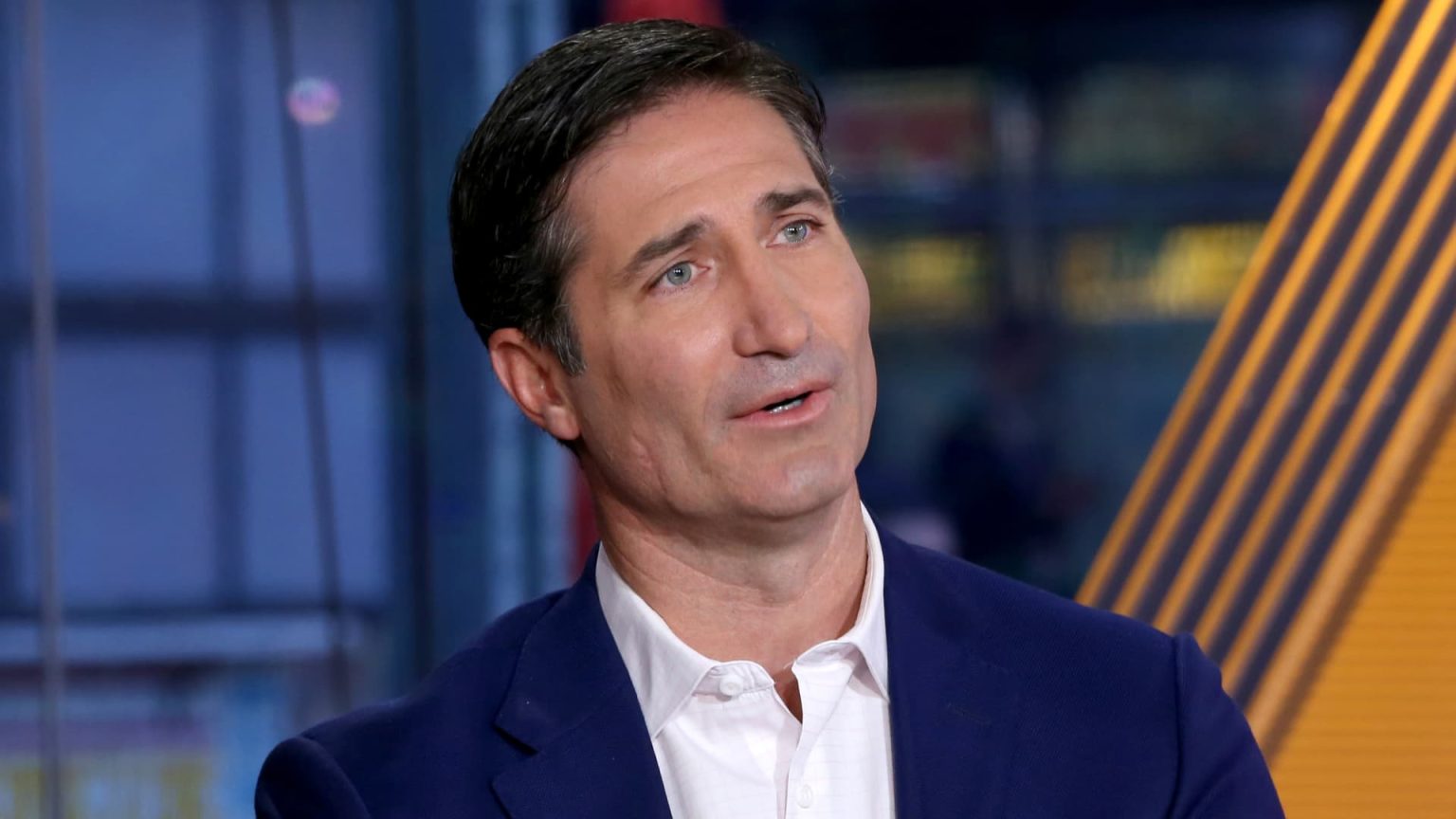New Starbucks CEO Brian Niccol has negotiated an arrangement that allows him to live in Newport Beach, California, and commute to the company’s headquarters in Seattle on a corporate jet. His offer letter reveals that he will receive a base salary of $1.6 million annually, with the potential to earn an annual cash bonus ranging from $3.6 million to $7.2 million based on his performance. Additionally, he will be eligible for annual equity awards worth up to $23 million. The company will set up a remote office for Niccol in Newport Beach, where he will also have the option to work with an assistant of his choosing.
Niccol’s situation highlights the significant disparity in bargaining power between high-ranking executives and the average employee when it comes to flexibility in the workplace. While companies often make exceptions for senior-level employees to attract and retain top talent, the average worker may not have the same opportunities to negotiate remote work arrangements. However, the trend of supercommuting CEOs is becoming increasingly common in today’s competitive labor market, with executives like Niccol and Victoria’s Secret’s new CEO making similar arrangements to work from different locations.
The decision to allow Niccol to primarily work from Newport Beach and commute to Seattle as needed is seen as a strategic move by Starbucks to secure a star executive with a proven track record of turning around troubled companies. Niccol’s successful leadership at Chipotle, where he helped the chain rebound from a foodborne illness scandal and navigate the challenges of the pandemic, demonstrates his ability to drive positive change within organizations. While some CEOs are pushing for a return to the office, others are recognizing the value of flexibility in attracting and retaining top talent.
Harvard Business School professor Raj Choudhury views Starbucks’ decision to accommodate Niccol’s remote work arrangement as a calculated risk that could pay off in terms of the company’s performance. Given the challenges Starbucks has faced in its major markets this year, including weak sales in the U.S. and China, the hiring of Niccol represents a strategic move to leverage his expertise in restaurant-based companies. Choudhury suggests that more companies may follow suit in offering flexible work arrangements to attract and retain top talent in today’s competitive business landscape.
The potential benefits of allowing C-suite leaders to work remotely extend beyond individual executives to influence broader cultural changes within organizations. As more executives embrace flexible work arrangements, middle managers and other employees may be inspired to explore similar options, leading to a shift in workplace norms. This shift towards greater flexibility in work arrangements could create a more inclusive and adaptable organizational culture, benefiting employees at all levels. By experimenting with flexible work arrangements for its executives, Starbucks is setting an example for other companies to consider in their talent management strategies.
Overall, the trend of supercommuting CEOs reflects the evolving nature of work in today’s fast-paced and competitive business environment. Companies that are willing to adapt to changing preferences and prioritize flexibility in their talent management practices are likely to attract and retain top performers. As the workplace continues to evolve, organizations may need to rethink traditional norms and explore innovative approaches to accommodate the diverse needs and preferences of their employees.


